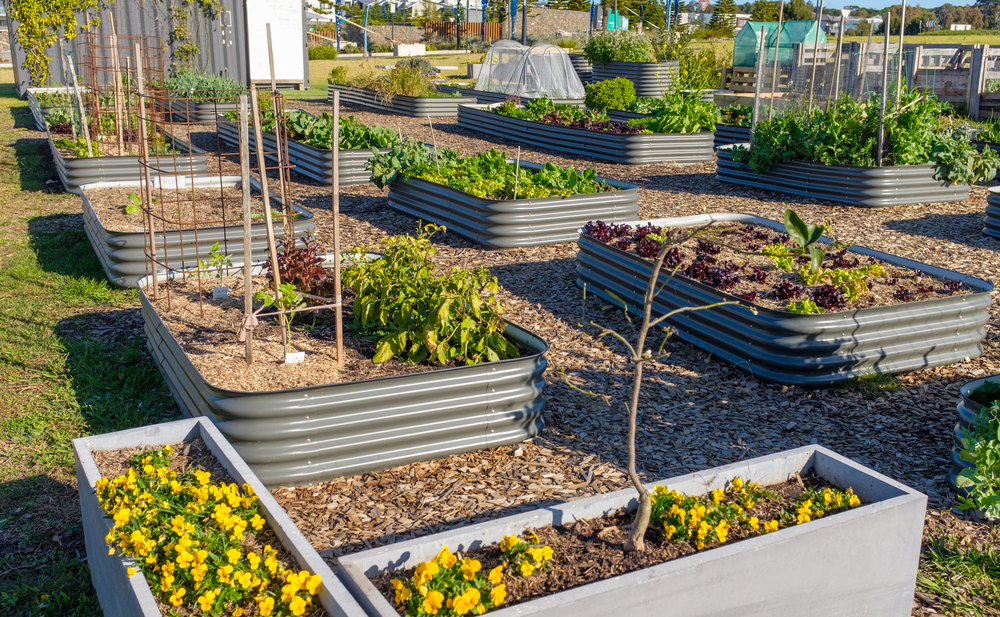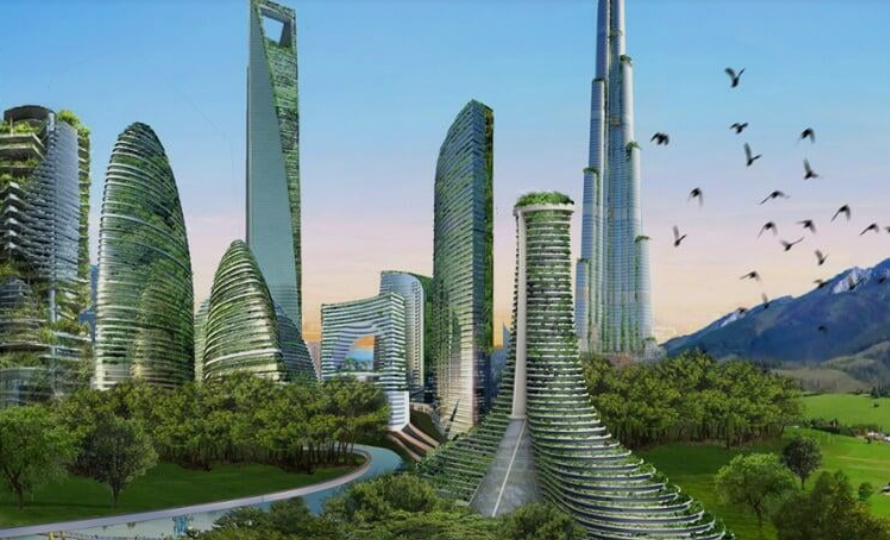
The Queensland Government is providing a funding boost to 42 community groups and organisations to help them transform neglected and unused areas into vibrant green spaces.
The groups will share in $900,000 in funding through the Community Sustainability Action grant program to help them repurpose neglected spaces into areas where the community can grow their own produce or create thriving ecosystems.
Grants of between $5000 and $50,000 were available to install composting and recycling infrastructure at community facilities, to restore and rehabilitate local green spaces, or to establish or expand suburban community gardens.
One of this year’s successful recipients is Permaculture Noosa which will receive $34,928 to refurbish sections of the Cooroy Community Gardens to improve its functionality for growing high-quality local food for the community.
Minister for Environment and Science Leanne Linard said an overwhelming number of applications was submitted to this funding round, showing how passionate Queenslanders are about creating more green spaces, growing their own produce, and making a positive impact on the environment.
“Community gardens in particular are becoming more and more popular as people recognise the benefits they offer.
“These projects will not only transform forgotten spaces into vibrant green havens, but they will also provide important opportunities for communities to work together to provide fresh food and nutritious food for those in need, minimise food waste and create or improve vital habitat for their local native species.”
Adam O’Toole, Grants Officer, Permaculture Noosa said the grant will allow them to lift the Cooroy Community Gardens to a new level of productivity and self-sufficiency.
“With this money, we will be able to significantly increase the amount and quality of fresh produce which can be produced on site.
“Our goal is to not only recycle all biomass back into new soil to support plant grown, but we will also manage a certain portion of local organic waste streams for composting, vermicomposting and biochar production.
“We try to integrate learning into all our activities. We are currently trialling a new concept, the ‘Learn – Work – Eat’ method as a way of sandwiching hard yakka between learning and eating.”










